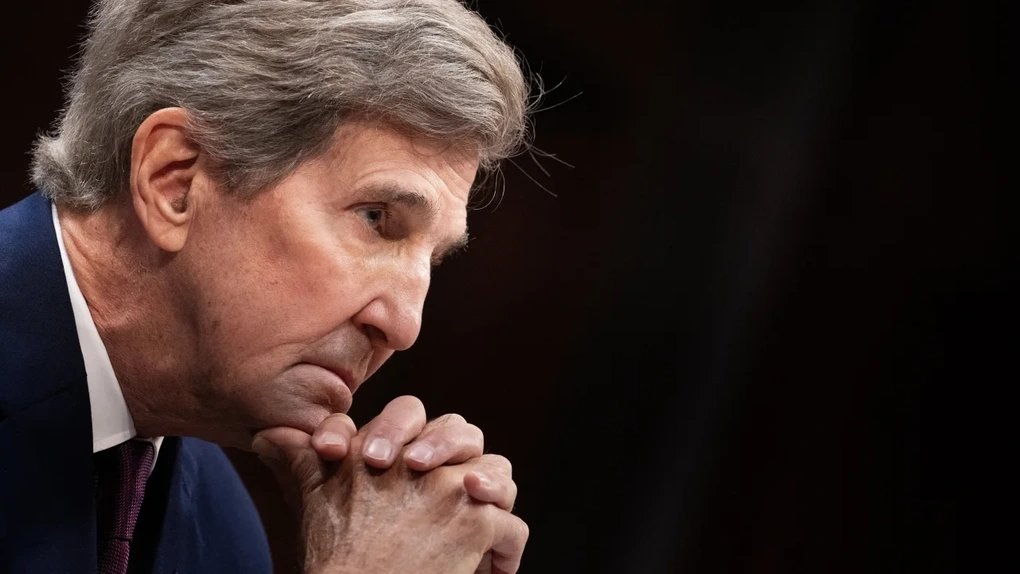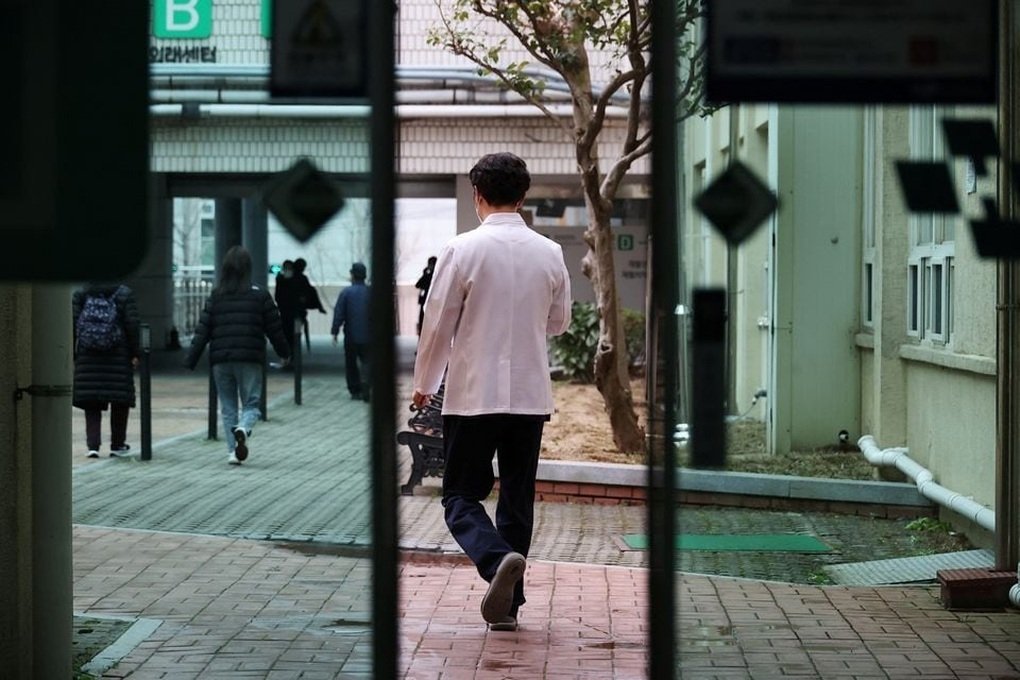(Dan Tri) – Mr. John Kerry, Special Envoy of the US President on climate change, has arrived in China to launch long-stalled negotiation efforts between the world’s two largest CO₂ emitters.
John Kerry, US President Joe Biden’s special envoy on climate change (Photo: AFP).
US climate envoy John Kerry arrived in Beijing on Sunday on a long-awaited trip to restart climate talks.
For the first time since 1951, Beijing has seen temperatures surpass 40 degrees Celsius for 11 days, with nearly half of them occurring in the past few weeks, including a new record for the city’s hottest day
In the US, an extreme heat wave is also mounting, with temperatures in the southwest rising as high as 49 degrees Celsius.
This is a global problem, the planet’s hottest day ever recorded for four consecutive days earlier this month.
“If anything, this is an issue that could bring China and the US back on the same page,” said Li Shuo, global policy adviser for the environmental group Greenpeace China.
The US and China are the two largest polluters in the world, accounting for nearly 40% of global emissions, of which China’s polluting emissions are more than double that of the US.
This means that efforts to prevent the worst impacts of the climate crisis will need to involve these two powers.
Last August, Beijing stopped climate negotiations with Washington to protest the visit of then-US House Speaker Nancy Pelosi to the island of Taiwan.
More than two months of scorching heat have dried up water reservoirs, damaged crops and killed livestock, crippled electricity supplies and led to rolling blackouts in several large and prosperous metropolises.
This year, sweltering temperatures arrived even earlier, affecting hundreds of millions of residents and once again putting huge pressure on the national power grid.
Experts say the unrelenting heat waves highlight the urgency for the US and China to resume cooperation, as the ongoing climate crisis will not wait for the two countries to mend relations first.
`The suspension of climate negotiations sets a very bad precedent. Tensions in bilateral relations should not hinder climate discussions. More resilience is needed
Potential areas of cooperation
Mr. Kerry is the third US Cabinet member to visit China in recent weeks, as President Joe Biden’s administration steps up efforts to mend broken communications and stabilize strained relations with North Korea.
Alex Wang, a professor of Law at the University of California in Los Angeles in the US and an expert on China’s climate policy, said: `After the Covid-19 pandemic and the US-China relationship has worsened, turning

Visitors to the Forbidden City wear hats and umbrellas on a hot day in Beijing on June 29 (Photo: AP).
`Each country now has major programs to invest and accelerate CO₂ reduction, but neither side is moving fast enough,` he added.
Mr. Kerry, 79 years old, has been to China twice since being appointed as President Biden’s special climate envoy.
`Secretary Kerry looks forward to working with China to address the climate crisis, including by increasing implementation and ambition as well as promoting a successful COP28,` the State Department said in a statement.
China’s Ministry of Ecology and Environment said the two sides would `exchange in-depth views on cooperation to address climate change`.
Mr. Wang said that the speed of China’s transition away from coal will be Mr. Kerry’s main topic of discussion.
`This is important because this is a huge source of emissions and if China doesn’t solve this problem, all of their successes in electric vehicles will be meaningless because you’re just using generated electricity
Chinese President Xi Jinping has pledged that China will peak CO₂ emissions by 2030 and then go to zero by 2060. To do that will require the country to phase out energy.
To achieve the goal, China has massively promoted clean energy development.
But at the same time, China is also building many new coal-fired power plants due to new concerns about energy security after months of power shortages in 2021 and 2022.
For many local governments in China, coal is still considered the easiest and cheapest solution to solve power outages.
According to an official Greenpeace research paper, in the first quarter of this year, provincial governments in China approved more new coal power plants than in all of 2021.
`The expansion of coal mining is a serious challenge to China’s climate policy. If coal consumption does not decline in absolute proportion and quantity, it will be very difficult for Beijing to achieve long-term emissions reductions.`










